Freephone: 0800 496 4996
Freephone: 0800 496 4996
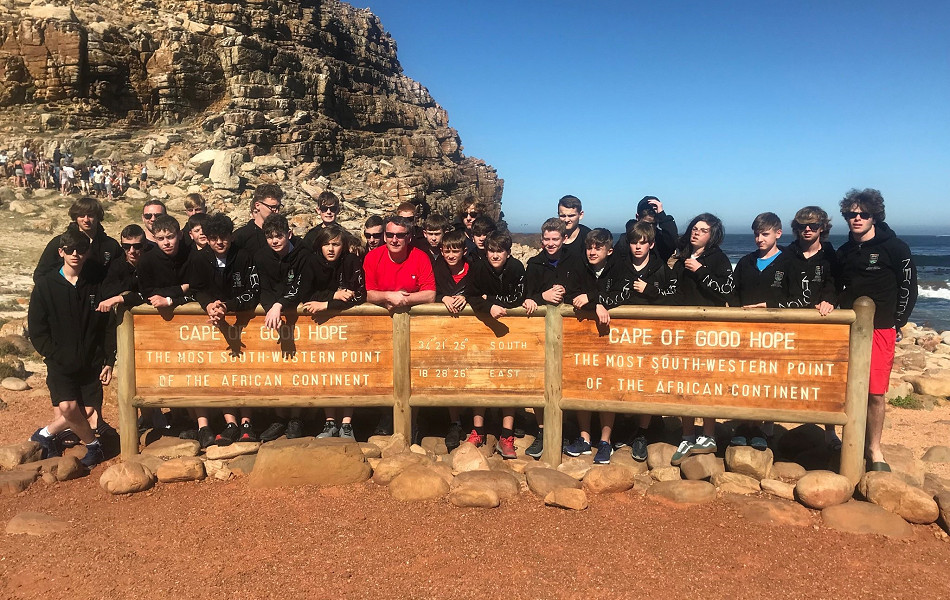
“With a passion and drive to provide the very best opportunities and life chances for young people I have been privileged to have worked with tens of 1000’s of young people and their families who came from a diverse range of backgrounds. All of these with individual needs and challenges.
As a facilitator and tutor on National Professional Qualifications in School Leadership since 2004 I am also privileged to have been associated with some outstanding school leaders who are transforming the lives of so many young people and inspiring the leaders of tomorrow.
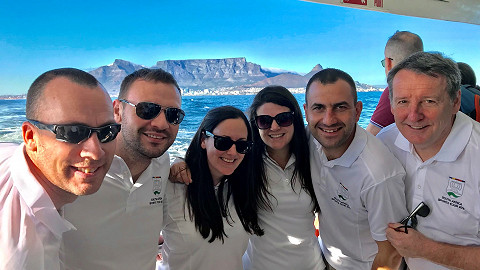
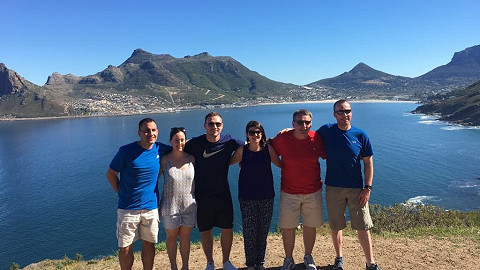
At Neston, we introduced a vast range of local, national and international educational tours and visits which formed a graduated programme to support our curriculum intent, implementation and impact.
Learning in real contexts is a major theme running through curriculum provision with the aim of applying the content and theory to make it meaningful and clear.
Exposing young people to a different environment, culture and experience adds so much to their personal development and cultural capital, as well their mental health and well-being.
It fulfilled so many of our curricular aims in terms of what we wanted for our young people as citizens.
So many fantastic moments have been shared between students and between students and their teachers: Singing around beach bonfires on water-sports courses in Spain; praying in remembrance of those suffering in the holocaust; celebrating the completion of a week's ski-course with a slalom medal; the friendly competition with sports teams abroad; socialising on language exchanges; sampling the local cuisine; observing first hand the dramatic features of the Earth and sensing and feeling historic events in their actual location. All these have been highlights for students as well as humbling and emotional experiences for staff too.
My last school visit was to Cape Town with 60 students and meeting Christo Brand, who was Neston Mandela's prison warder for 20 years, hearing his stories and receiving a signed copy of his book 'My Prisoner My Friend' after a visit to Robin Island, was a very special moment that made all the students feel they had been part of world history. No surprise that over 100 students are signed up to go this year.
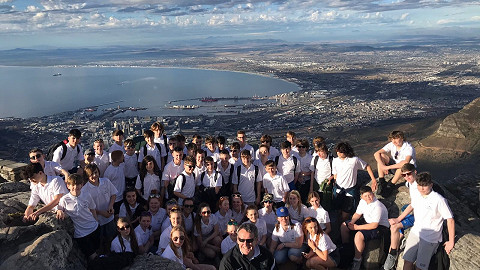
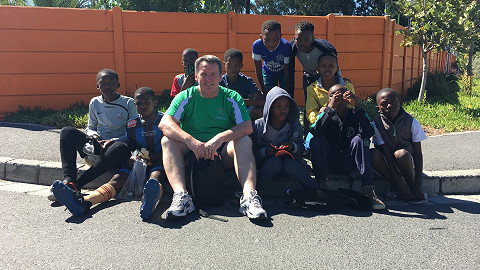
The benefits of residential trips include Cultural capital, personal development, mental health and well-being through the relationships that are formed, confidence, independence, knowledge and an enhanced awareness of yourself, others and the world around you.
The challenge for all is how to make these opportunities accessible to as many as possible. There are so many students for whom an educational visit or residential has been a life changing experience where it has set them on a career path they perhaps would never have considered. Introducing young people to an environment away from school, that places them outside their comfort zone, stretching the level of challenge they normally experience, results in a broadening of that comfort zone and increased resilience.
These experiences need to form an integral part of a broad and balanced curriculum for all children. They should not be seen as an add on, additional benefit or reward.
Trips should be frequent and progressive and an integral part of a child’s entire school experience. This is really important. Lessons should be planned and follow a logical sequence so that students master the basic concepts and use them to deepen their learning further as they progress through a course. Equally, this needs to apply to early visits and residential away from the school building which must be planned to develop knowledge, skills and attitudes that can be further developed and deepened in the future.
To consider visits and activities as isolated events would seriously undermine their potential to enhance learning to a level beyond that possible within the traditional classroom walls.
It has never been more important than now to encourage and find ways to include as many young people as possible in learning away from the classroom, including those that are disadvantaged or who have additional needs. Educationalists, together with the travel industry, families, charities and foundations need to work hard to break down barriers and obstacles to make educational visits more accessible to all young people so that all can experience the many benefits I outline above as an entitlement.
Young people who experience a wide variety of high quality opportunities, challenges, settings and experiences will develop a far greater understanding of the needs of others, the global environment in which we live and the improvements we can all make to society as a whole.
Find out about our educational school trips.
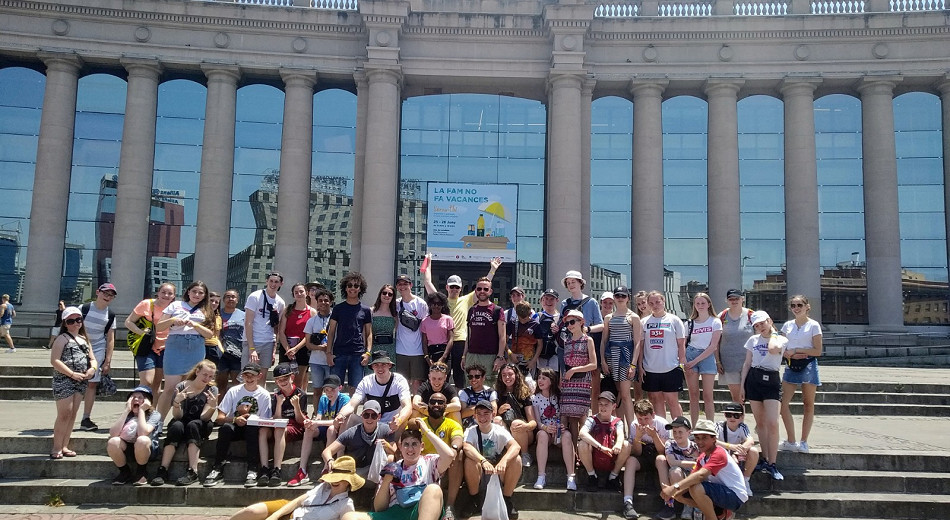
Share: